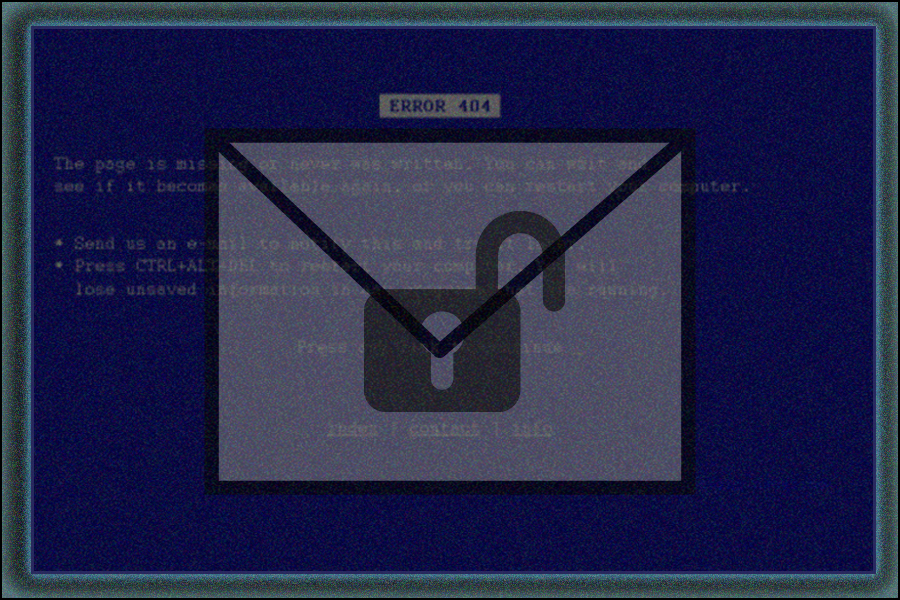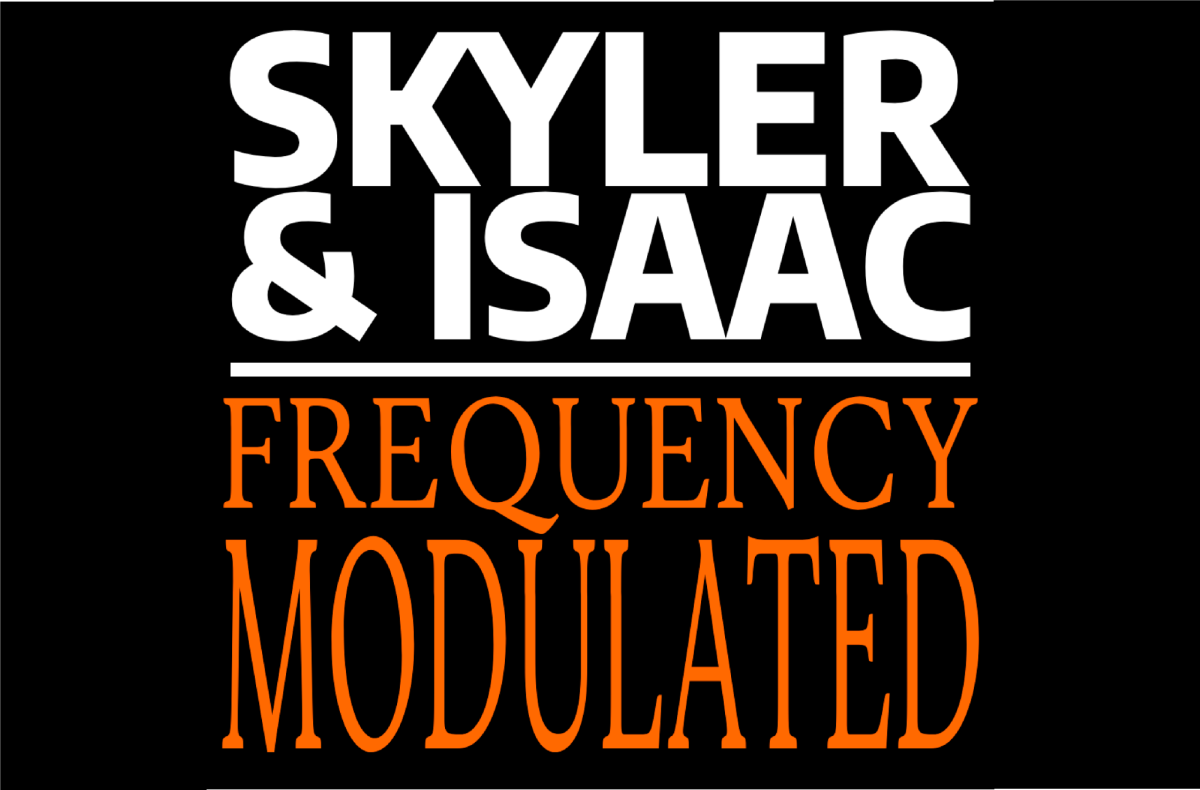Throughout the last three semesters, Baker University students might have noticed an increase in scam emails. Emails pretending to be from other students asking for money or for them to click a link and put in their information. Despite the emails looking like they are from peers, these are emails created by hackers looking to steal students’ information.
According to Abnormal Security, universities are targets for hackers due to them having personal information and are easy targets to extort ransom money.
At Baker University, the IT Department is working on how to stop the hacks from happening as well as help students who do find themselves hacked.
Gary Schieber, the Executive Director of Technology and Information Security has worked at Baker for the past four years and says the attacks have been going on long before he worked here.
Schieber defines these attacks as hacking since the messages are coming through a Baker student’s email rather than an outside force.
Schieber and his team have been working on different methods to try and combat the hacking, such as enabling two-factor authentication.
“One of the things we did was implement the multi-factor authentication to try and cut down on it. Which has cut down on it a lot, but we’re still seeing some things come through. We tried to track down how they’re getting through but we’re still working on that,” Schieber said.
Along with that measure Schieber adds that Microsoft also has security of their own, which Baker uses as well.
“We have with Microsoft, spam filtering, so a lot of the time it’ll notify us before anyone sees it. So we’ll go through and delete the emails as quickly as we can. It can take thirty to forty five minutes to get them deleted,” Schieber said.
Even with all these layers of security, some emails do slip through the cracks which are the emails that students do notice. The technology is unable to detect hacked emails since they are coming from a Baker address, it thinks its an internal source.
Schieber gives some advice to students about what they should do if they find out their email has been hacked.
“Number one, get in touch with us, let us know that it happened. Two, immediately reset your passwords and when you set your password it needs to be complex… Anything to make it more difficult for someone to figure out and don’t use the same password for your Baker email address as you do for anything else,” Schieber said.
Schieber also adds that when IT finds out a student email has been hacked, they lock down their Moodle and any other Baker accounts immediately.
Schieber advises all students that if they think an email looks suspicious, do not click the link. Instead, email that source directly in case it might be a scam. Lastly, he adds that if students do see a suspicious email, to report it in Outlook.
“Please report it every time you see something like that because that helps us. That helps train the spam filters and it helps us to block and make sure that if this is coming externally we can block it from ever getting in,” Schieber said.
















